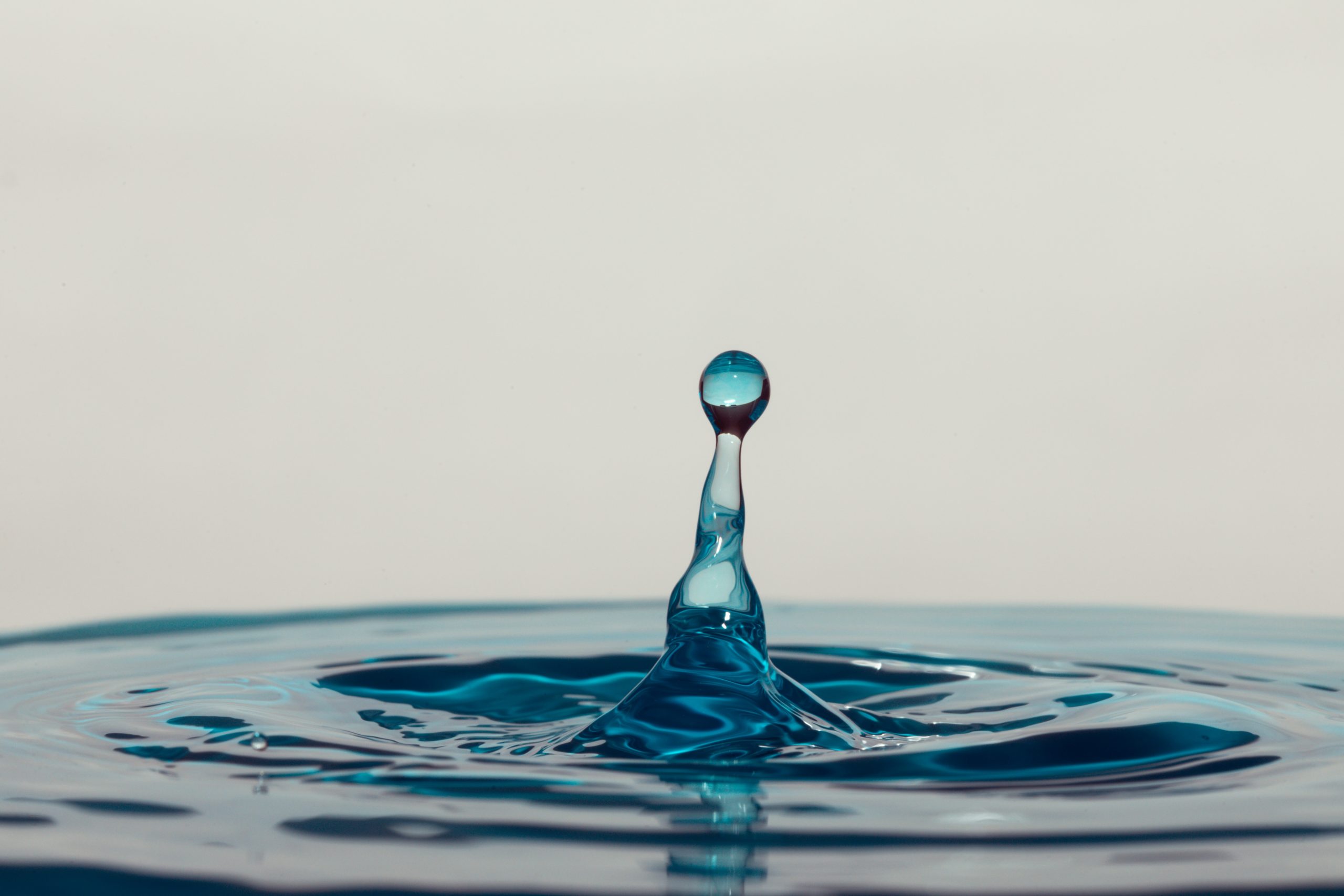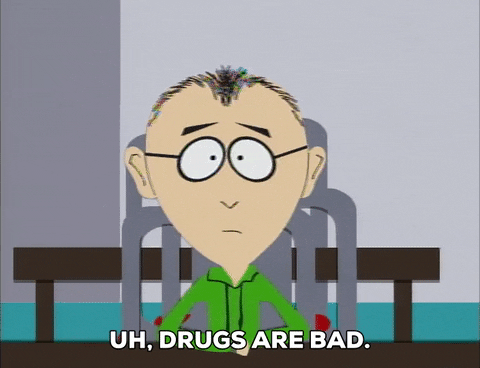D
Deleted member 544906
Guest
Several studies show that microdosing (LSD) is not placebo:
"LSD showed positive effects in the majority of observations by increasing positive mood (20 mcg), friendliness (5, 20 mcg), arousal (5 mcg), and decreasing attention loss (5, 20 mcg).
The negative effects are manifested by an increase in confusion (20 mcg) and anxiety (5, 20 mcg).
Psychedelic changes in waking consciousness were also present (10, 20 mcg).
Overall, the present study demonstrated selective and beneficial effects of low doses of LSD on mood and cognition in the majority of observations. The minimum dose of LSD at which subjective and performance effects are notable is 5 mcg and the most apparent effects were seen after 20 mcg."

 www.beckleyfoundation.org
www.beckleyfoundation.org
This other study (which also uses a placebo) concludes that LSD is effective as a painkiller especially at 20 mcg, a dosage that can also cause dissociative effects, derealization, depersonalization and amnesia:
"Separate contrasts indicated that LSD 10 µg slightly increased symptoms of derealization (p=0.027) as well as the total dissociation score (p=0.032). LSD 20 µg slightly increased symptoms of amnesia (p=0.002), depersonalization (p=0.001), derealization (p=0.002), and the total dissociation score (p<0.001), relative to placebo. Canonical correlation analysis indicated a significant association (F6,364=2.18, p=0.04, canonical r=0.25) between measures of dissociation and pain that explained about 6% of the total variance. The association suggested that increments in symptoms of dissociation are associated with increased pain tolerance and a decrease in subjective pain perception.
The current data consistently indicated that LSD 20 µg significantly reduced pain perception as compared with placebo, where as lower doses of LSD did not. LSD 20 µg significantly increased pain tolerance (i.e. immersion time) by about 20%, while decreasing the subjective levels of experienced painfulness and unpleasantness. Changes in pain tolerance and subjective pain perception induced by LSD 20 µg were of medium to large effect size and comparable in magnitude to those observed with the CPT after administration of opioids, such as oxycodone 20 mg (Cooper et al., 2012) and morphine 10–20 mg (Ravn et al., 2013) to healthy volunteers."
 journals.sagepub.com
journals.sagepub.com
For those who say that those who don't take "real doses" don't have any balls, I find that really sad - and condescending - on a harm reduction forum. You may be forgetting that we are all different and that while some people are insensitive, and need heroic doses to "open up", there are very receptive people who can feel very small amounts. Personally, an ayahuasca experience destroyed me for several years, impossible to work, etc. So I benefit from a microdose (I can feel as little as 5 mcg and from 15 mcg, I am slightly high), or even a mini dose, but I will never take large doses again.
What is the point of taking something to hurt yourself?
"LSD showed positive effects in the majority of observations by increasing positive mood (20 mcg), friendliness (5, 20 mcg), arousal (5 mcg), and decreasing attention loss (5, 20 mcg).
The negative effects are manifested by an increase in confusion (20 mcg) and anxiety (5, 20 mcg).
Psychedelic changes in waking consciousness were also present (10, 20 mcg).
Overall, the present study demonstrated selective and beneficial effects of low doses of LSD on mood and cognition in the majority of observations. The minimum dose of LSD at which subjective and performance effects are notable is 5 mcg and the most apparent effects were seen after 20 mcg."

Mood and cognition after administration of low LSD doses in healthy volunteers: A placebo controlled dose-effect finding study - The Beckley Foundation
Nadia R. P. W. Hutten, Natasha L. Mason, Patrick C. Dolder, Eef L. Theunissen, Friederike Holze, Matthias E. Liechti, Amanda Feilding, Johannes G. Ramaekers, and Kim P. C. Kuypers – First published 17th October, 2020 in European Neuropsychopharmacology – Link to article Abstract There is a...
 www.beckleyfoundation.org
www.beckleyfoundation.org
This other study (which also uses a placebo) concludes that LSD is effective as a painkiller especially at 20 mcg, a dosage that can also cause dissociative effects, derealization, depersonalization and amnesia:
"Separate contrasts indicated that LSD 10 µg slightly increased symptoms of derealization (p=0.027) as well as the total dissociation score (p=0.032). LSD 20 µg slightly increased symptoms of amnesia (p=0.002), depersonalization (p=0.001), derealization (p=0.002), and the total dissociation score (p<0.001), relative to placebo. Canonical correlation analysis indicated a significant association (F6,364=2.18, p=0.04, canonical r=0.25) between measures of dissociation and pain that explained about 6% of the total variance. The association suggested that increments in symptoms of dissociation are associated with increased pain tolerance and a decrease in subjective pain perception.
The current data consistently indicated that LSD 20 µg significantly reduced pain perception as compared with placebo, where as lower doses of LSD did not. LSD 20 µg significantly increased pain tolerance (i.e. immersion time) by about 20%, while decreasing the subjective levels of experienced painfulness and unpleasantness. Changes in pain tolerance and subjective pain perception induced by LSD 20 µg were of medium to large effect size and comparable in magnitude to those observed with the CPT after administration of opioids, such as oxycodone 20 mg (Cooper et al., 2012) and morphine 10–20 mg (Ravn et al., 2013) to healthy volunteers."
SAGE Journals: Your gateway to world-class research journals
Subscription and open access journals from SAGE Publishing, the world's leading independent academic publisher.
For those who say that those who don't take "real doses" don't have any balls, I find that really sad - and condescending - on a harm reduction forum. You may be forgetting that we are all different and that while some people are insensitive, and need heroic doses to "open up", there are very receptive people who can feel very small amounts. Personally, an ayahuasca experience destroyed me for several years, impossible to work, etc. So I benefit from a microdose (I can feel as little as 5 mcg and from 15 mcg, I am slightly high), or even a mini dose, but I will never take large doses again.
What is the point of taking something to hurt yourself?
Last edited by a moderator:




